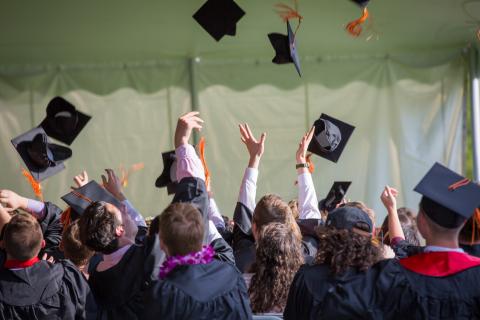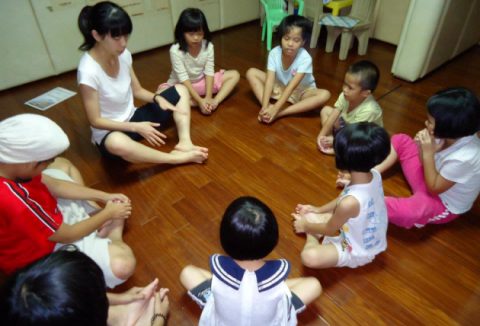Navigating Election Year Dynamics: The Impact on College Campuses
Mar 08,2024
Election years often bring heightened political engagement, spirited debates, and dynamic discourse to college campuses across the nation. As students grapple with pressing societal issues and exercise their civic duties, the atmosphere on campus becomes charged with energy and enthusiasm. In this article, we'll explore the multifaceted impact of election years on college campuses and the various ways in which students, faculty, and institutions navigate this pivotal period in the political landscape.
-
Increased Political Awareness and Engagement: Election years serve as catalysts for increased political awareness and engagement among college students. Debates, town halls, and campaign events hosted on campus provide platforms for students to interact with candidates, discuss key policy issues, and participate in the democratic process. Student-led initiatives, such as voter registration drives and political activism campaigns, mobilize peers to exercise their right to vote and make their voices heard.
-
Diverse Perspectives and Civil Discourse: Election years bring together students from diverse backgrounds and ideologies, fostering robust discussions and debates on campus. While differences in political beliefs may lead to spirited disagreements, colleges emphasize the importance of civil discourse and respectful dialogue. Campus organizations and academic departments often host forums, panel discussions, and debates to facilitate constructive conversations and promote understanding across ideological divides.
-
Educational Opportunities and Civic Learning: Colleges seize election years as educational opportunities to promote civic learning and democratic engagement among students. Courses and seminars explore topics such as political science, public policy, and electoral processes, providing students with a deeper understanding of the political landscape and their role as informed citizens. Guest lectures by political experts, voter education workshops, and experiential learning opportunities enrich students' learning experiences and empower them to be active participants in democracy.
-
Campus Activism and Advocacy: Election years galvanize campus activism and advocacy efforts as students rally around pressing social and political issues. Student-led movements and grassroots campaigns advocate for causes such as environmental sustainability, racial justice, LGBTQ+ rights, and immigration reform. Colleges provide resources and support for student activism, including funding for events, access to meeting spaces, and guidance from faculty advisors, empowering students to effect positive change in their communities.
-
Emotional and Mental Well-being: While election years invigorate campus discourse and civic engagement, they can also evoke heightened emotions and stress among students. The intensity of political debates, polarization in public discourse, and uncertainty surrounding election outcomes may contribute to feelings of anxiety, tension, or disengagement. Colleges prioritize students' emotional and mental well-being by offering counseling services, wellness resources, and community support networks to help students navigate election-related stressors and maintain a sense of balance and resilience.
Election years exert a profound influence on college campuses, shaping the political climate, fostering civic engagement, and promoting dialogue and debate among students. While the heightened political activity may bring challenges such as ideological tensions and emotional stress, colleges play a vital role in providing educational opportunities, facilitating civil discourse, supporting campus activism, and prioritizing students' well-being. By embracing the complexities of election years and promoting a culture of civic learning and engagement, colleges empower students to become informed, active, and responsible citizens who contribute to a thriving democracy.





